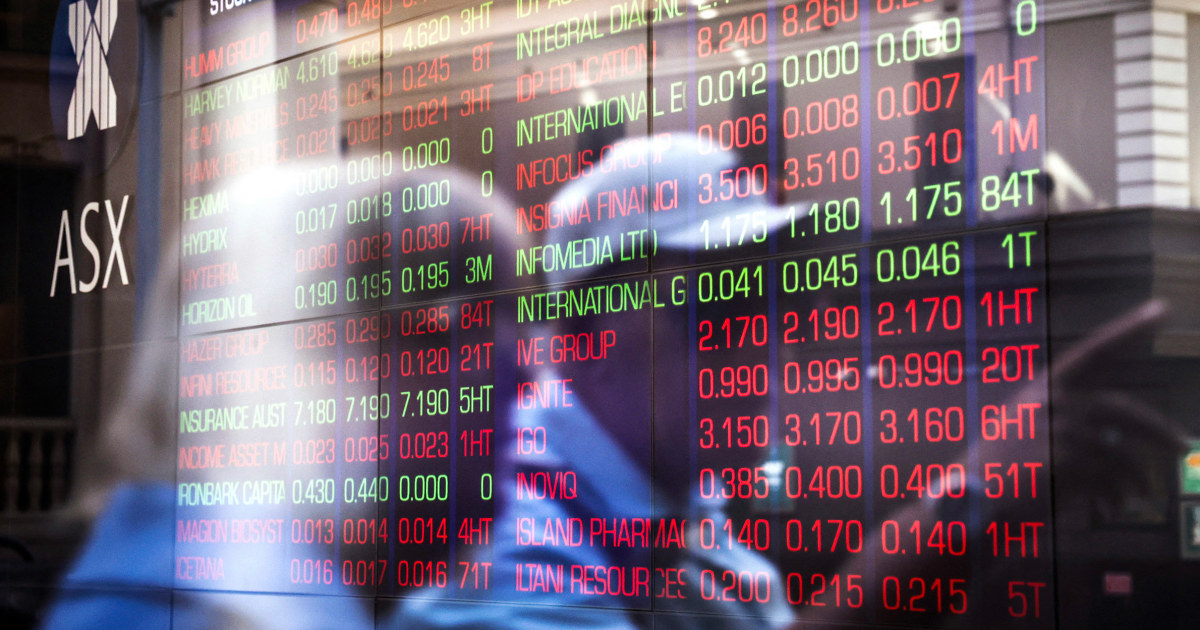Key takeaways:
- Global financial markets are experiencing turbulence due to investor concerns over tariffs imposed by the Trump administration, with U.S. stock futures and major indexes showing significant declines.
- International markets are also affected, with Hong Kong’s Hang Seng index experiencing its largest drop since the 1997 Asian financial crisis, and the Shanghai Composite index falling significantly.
- The imposition of tariffs by the U.S. is reshaping global trade relations, affecting both allies and adversaries, and raising concerns about the potential unraveling of globalization and its impact on the global economy.
Global financial markets are experiencing significant turbulence as investor concerns grow over the economic impact of tariffs imposed by the Trump administration. U.S. stock futures indicate a challenging day ahead, with major indexes showing declines. The Dow Jones Industrial Average futures, which initially dropped by approximately 1,250 points, have slightly recovered but remain down by 900 points, or 2.3%. Similarly, Nasdaq Composite futures have decreased by 2.1%.
The situation is mirrored in international markets, where significant losses have been recorded. Hong Kong’s Hang Seng index experienced a dramatic decline of 13.2%, marking its most substantial drop since the 1997 Asian financial crisis. Meanwhile, the Shanghai Composite index fell by 7.3%. As the opening of the New York markets approached, futures on the S&P 500 were down by 92 points, or 1.8%, reflecting the widespread apprehension among investors.
The global economic landscape is being reshaped by these developments, with analysts expressing concerns about the potential unraveling of globalization as it currently exists. The imposition of tariffs by the United States has introduced a new dynamic in international trade relations, affecting both allies and adversaries alike. Notably, the U.S. has applied a uniform 10% tariff to both the United Kingdom, a longstanding transatlantic partner, and Afghanistan, currently under Taliban rule.
This approach marks a continuation of President Donald Trump’s policy of treating traditional allies with the same scrutiny as adversaries. The worldwide tariffs have the potential to significantly alter the global economy, impacting the financial well-being of billions of individuals. As the situation unfolds, markets and governments worldwide are closely monitoring the implications of these tariffs on international trade and economic stability.



Be First to Comment